India hosts UNTCC Chiefs Conclave 2025 in New Delhi with 32 nations, strengthening global peacekeeping cooperation, technology integration, and defense diplomacy.
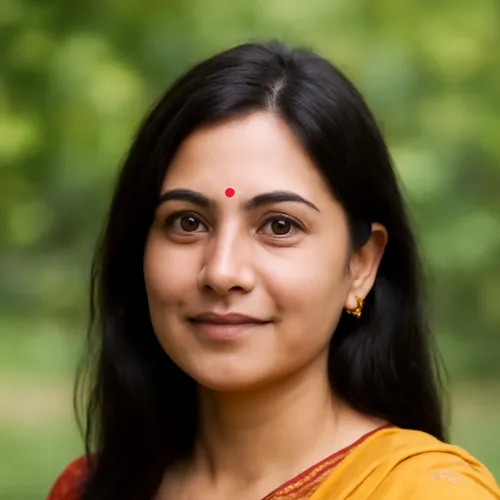 Ritika Das
Ritika Das
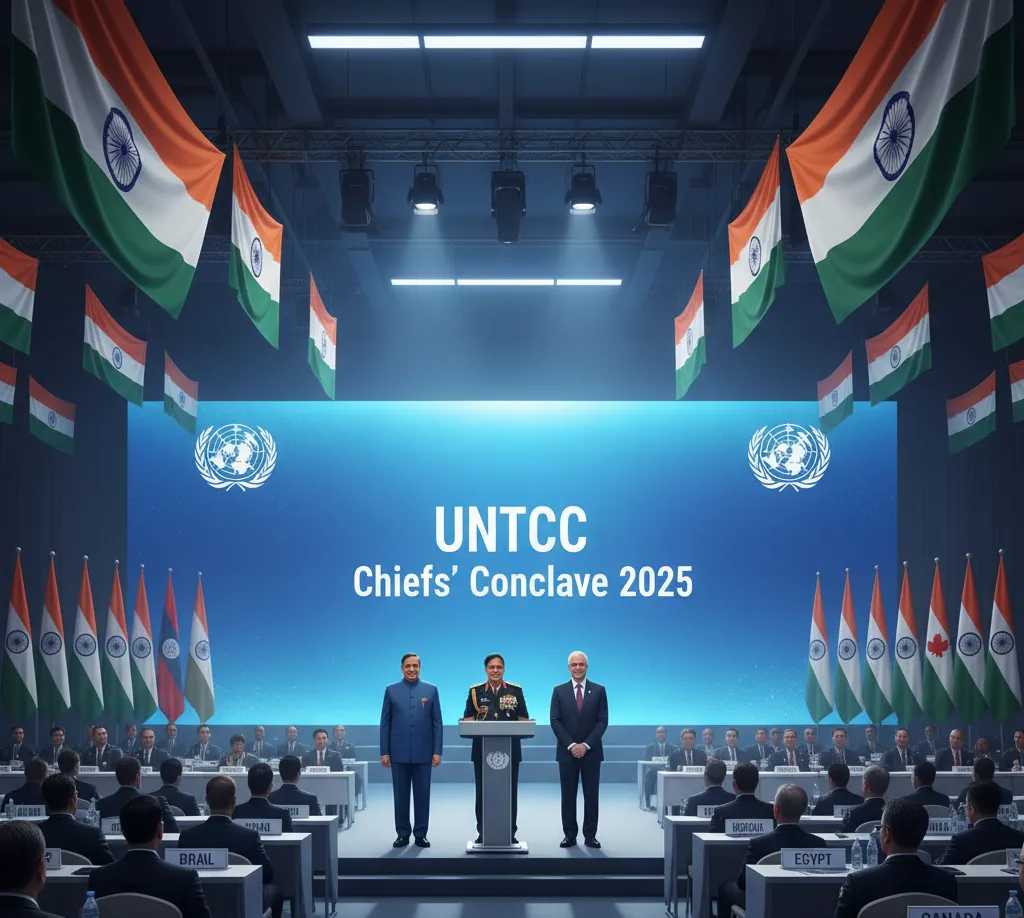
India is hosting the United Nations Troop Contributing Countries (UNTCC) Chiefs’ Conclave from October 14–16, 2025, at the Manekshaw Centre in New Delhi, bringing together senior military leadership from 32 nations to address evolving peacekeeping challenges, interoperability, and global security threats. The event underscores India’s long-standing role as a key pillar of UN peacekeeping and its growing influence in global security cooperation.
The three-day conclave, organized by the Indian Army, aims to create a stronger operational framework for troop-contributing nations. Among those attending are military chiefs and senior defense officials from countries across Asia, Africa, Europe, and Latin America. The meeting focuses on operational challenges, integration of technology, women’s participation, and UN reforms to meet the demands of modern conflict zones.
Defense Minister Rajnath Singh, External Affairs Minister S. Jaishankar, UN Under-Secretary-General for Peace Operations Jean-Pierre Lacroix, and Army Chief General Upendra Dwivedi are among the key speakers. Singh praised the professionalism and sacrifice of Indian peacekeepers, reminding the world that “more than 180 Indian personnel have laid down their lives under the UN flag,” while Dwivedi highlighted India’s “three lakh men and women” deployed across 51 UN missions.
Lacroix acknowledged India as one of the UN’s most steadfast supporters and one of its largest troop contributors, with over 5,000 personnel currently deployed.
India has been a major troop contributor since the 1950s, having deployed more than 290,000 peacekeepers in 51 out of 71 UN missions worldwide. Its contingents have served in some of the world’s toughest conflict zones, including Congo, Sudan, Lebanon, and Golan Heights. India was also the first country to deploy an all-women Formed Police Unit to Liberia in 2007, setting a precedent for female participation in peacekeeping operations.
The Centre for United Nations Peacekeeping in India has trained participants from more than 90 countries, establishing New Delhi as a key hub for capacity building and interoperability training.
A notable development this year is the exclusion of Pakistan and China from the invitation list. In contrast, neighboring countries such as Bangladesh, Nepal, and Sri Lanka were invited, reflecting India’s strategic choices in building partnerships aligned with operational experience and trust.
This exclusion comes amid growing tensions in multilateral forums and aligns with India’s recent diplomatic signaling in the Indo-Pacific and Global South. Defense Minister Rajnath Singh’s remarks on “some nations openly violating international rules” left little doubt about the subtext.
One of the core agenda points of UNTCC 2025 is the integration of advanced and indigenous technologies in peacekeeping missions. India showcased cost-effective solutions developed under the Aatmanirbhar Bharat initiative, including:
Army Chief Dwivedi emphasized that “collaborative training and innovative resource management will be essential” to sustain global missions, especially as the UN faces budget cuts despite escalating security crises.
The conclave highlighted the pioneering role of Indian women peacekeepers, with officers currently serving in missions in South Sudan, Lebanon, and the Golan Heights. India continues to push for greater female representation in peacekeeping forces, aligning with UN targets for gender inclusion in security operations.
This summit comes at a time of heightened global insecurity—from ongoing wars in Eastern Europe and West Asia to rising geopolitical tensions in the Indo-Pacific. India’s call for UN reform was front and center, with External Affairs Minister Jaishankar reiterating that the “UN is in a state of crisis” due to resistance to structural changes.
India’s leadership role within the Global South also featured prominently, with references to its 600+ development projects across 78 countries. The conclave served as both a diplomatic stage and a practical platform to push for modernizing multilateral institutions.
Countries attending include: Algeria, Armenia, Australia, Bangladesh, Bhutan, Brazil, Burundi, Cambodia, Egypt, Ethiopia, Fiji, France, Ghana, Italy, Kazakhstan, Kenya, Kyrgyzstan, Madagascar, Malaysia, Mongolia, Morocco, Nepal, Nigeria, Poland, Rwanda, Sri Lanka, Senegal, Tanzania, Thailand, Uganda, Uruguay, and Vietnam.
1. What is the UNTCC Chiefs’ Conclave?
The United Nations Troop Contributing Countries (UNTCC) Chiefs’ Conclave is a high-level gathering of senior military leadership from nations that provide troops to UN peacekeeping missions. It focuses on operational challenges, interoperability, technology integration, and multilateral cooperation.
2. When and where is the conclave being held?
The conclave is taking place from October 14–16, 2025, at the Manekshaw Centre in New Delhi, India. Delegates arrived on October 13.
3. How many countries are participating?
A total of 32 troop-contributing countries are participating in the summit.
4. Who are the key speakers at the event?
Key speakers include:
5. Why are Pakistan and China not attending?
Pakistan and China were not invited to the conclave. This is seen as a strategic decision by India, signaling selective engagement with trusted and experienced partners in peacekeeping operations.
6. What is India’s role in UN peacekeeping missions?
India has been a top contributor to UN peacekeeping since the 1950s, deploying over 290,000 personnel in 51 of 71 missions worldwide. More than 5,000 Indian personnel are currently deployed in 9 active missions.
7. Which countries are attending the summit?
Participants include: Algeria, Armenia, Australia, Bangladesh, Bhutan, Brazil, Burundi, Cambodia, Egypt, Ethiopia, Fiji, France, Ghana, Italy, Kazakhstan, Kenya, Kyrgyzstan, Madagascar, Malaysia, Mongolia, Morocco, Nepal, Nigeria, Poland, Rwanda, Sri Lanka, Senegal, Tanzania, Thailand, Uganda, Uruguay, and Vietnam.
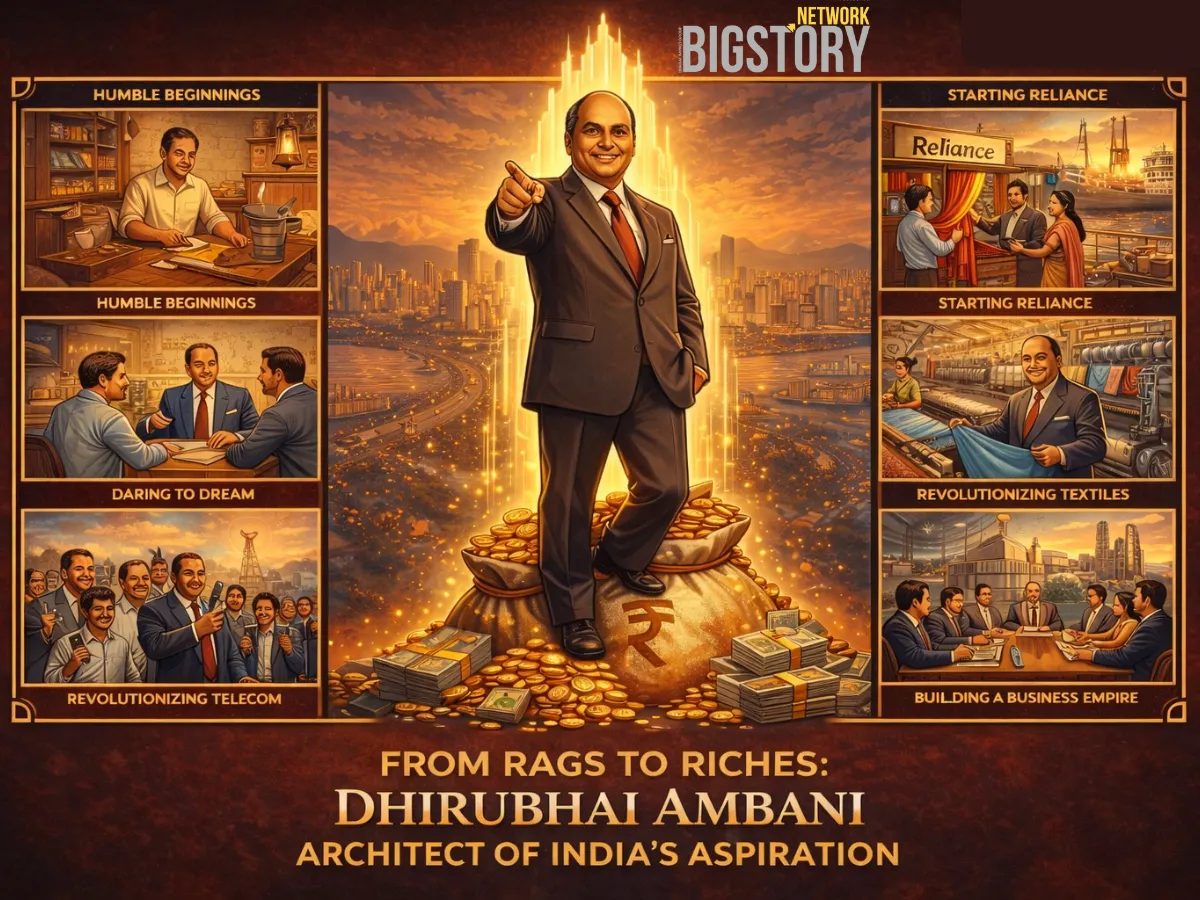
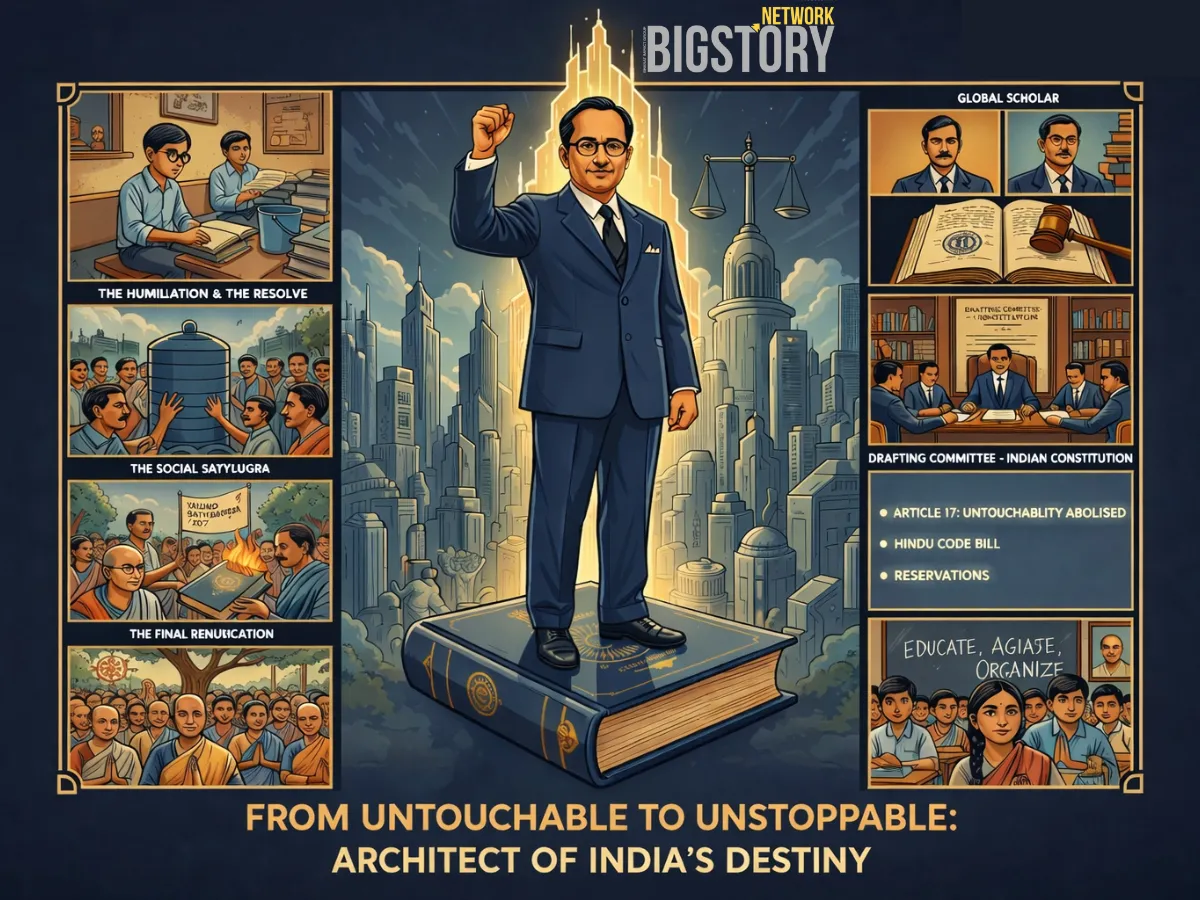


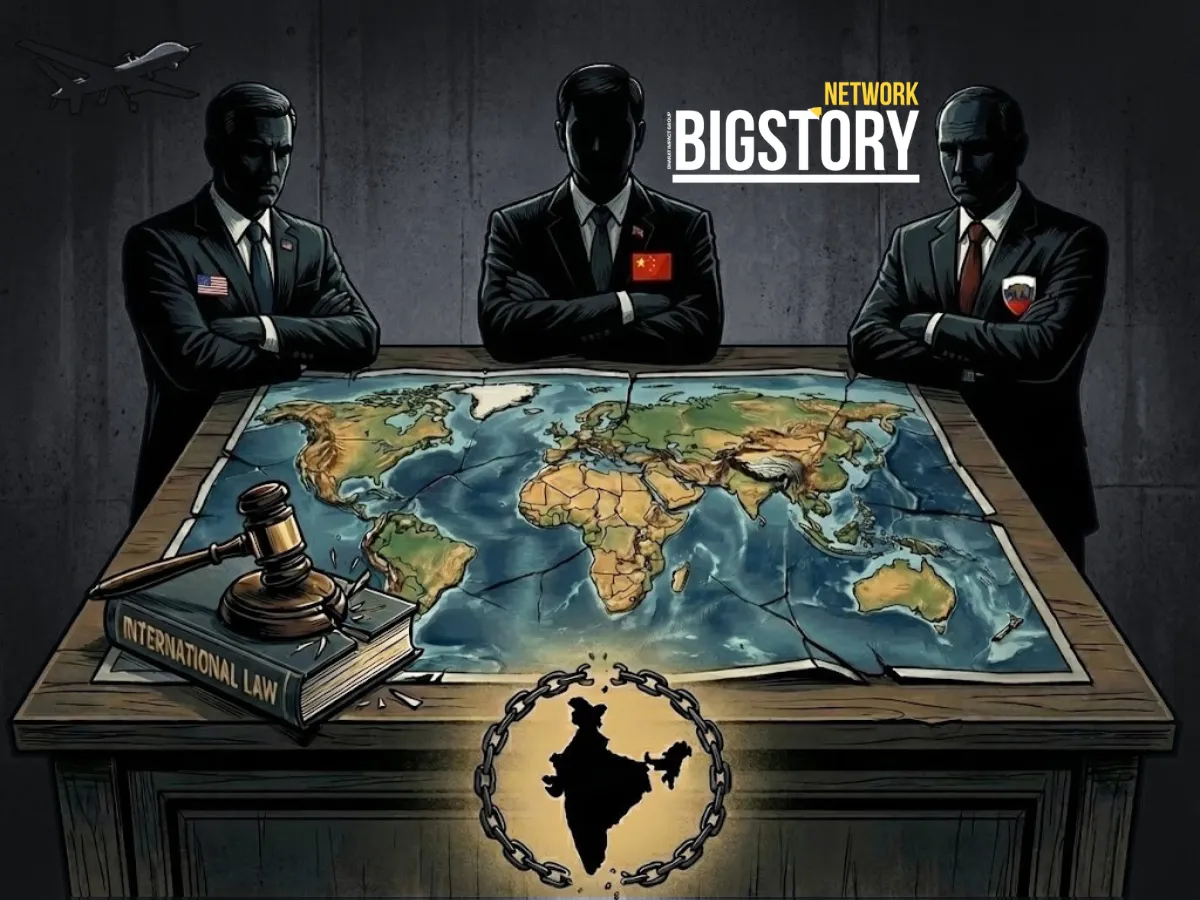
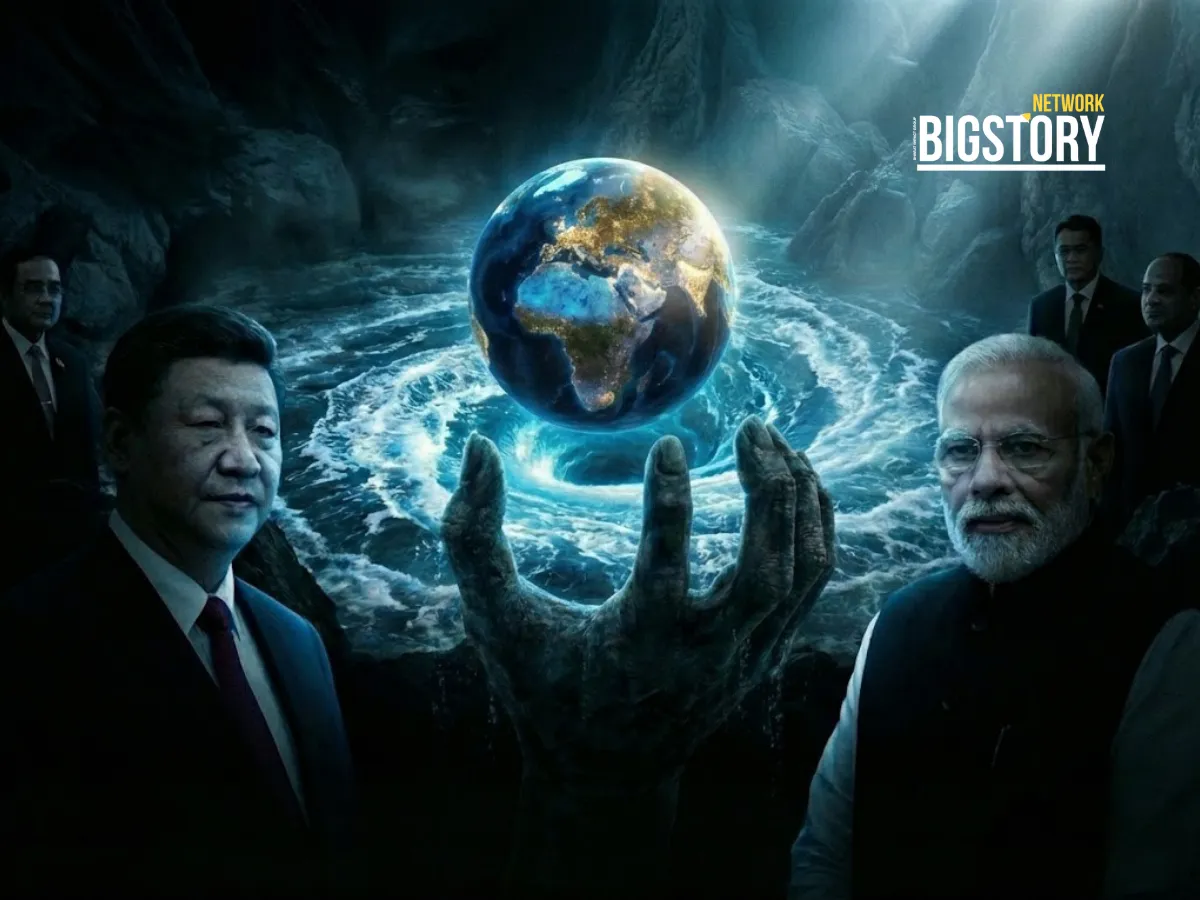
Sign up for the Daily newsletter to get your biggest stories, handpicked for you each day.
 Trending Now! in last 24hrs
Trending Now! in last 24hrs